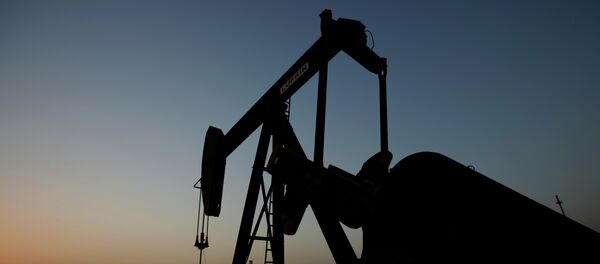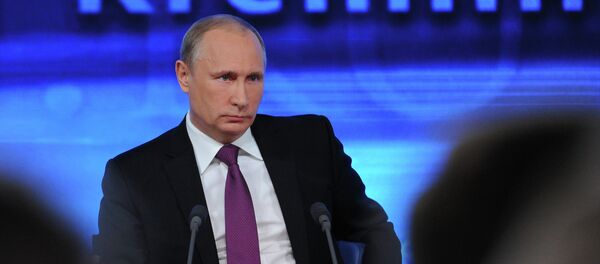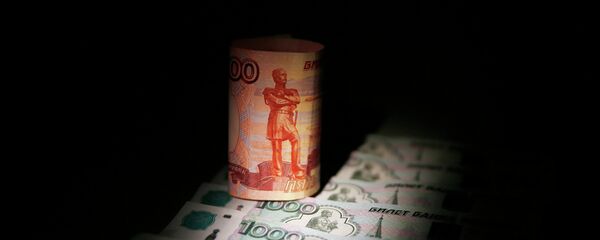"Russia is not some Zimbabwe-to-be. It's sitting on a surplus of foreign assets and very healthy foreign exchange reserves of around $375 billion. Moreover, it has a strong debt-to-GDP ratio of just 13% and a large (and steadily growing) stockpile of gold… Russia will arrest the ruble's slide and keep pumping oil," writes Marin Katusa in his article "Why Russia will halt the ruble’s slide and keep pumping oil."
The Colder War: 10 key principles to Vladimir Putin’s grand strategy for Russia http://t.co/KpIJYOQltW Think Putin is done?Think again.
— Marin Katusa (@MarinKatusa) 19 декабря 2014
"Putin always thinks decades ahead, and any short-term loss of energy revenues will be far offset by the long-term gains of his economic alliances," the investment strategist emphasizes.
Weaker ruble and lower oil prices will trigger the development of Russia's agricultural and manufacturing sectors, deems the expert. In addition, ruble's weakness together with the ban on food imports from the EU will obviously lead to "an import-substitution boom" in the country.
Marin Katusa drew a historic parallel between Russia's Central Bank's decision to raise interest rates up to 17 percent and the similar measures carried out by US Fed Chair Paul Volcker, who fought inflation in the US in the early 1980s. "It worked for Volcker, as the US stock market embarked on a historic bull run," and it will work for Russians, Mr. Katusa stresses.
US economy is better off with low oil prices?WRONG. MUST read from my buddy @JohnFMauldin http://t.co/Blm1xPHkhn pic.twitter.com/Wm5ngB7ClS
— Marin Katusa (@MarinKatusa) 17 декабря 2014
Meanwhile, "the harsh reality" is that the US shale oil producers have been hurt by sliding oil prices much more than Russians. If the oil prices drop further, fracking will become "uneconomic" and many US shale firms will be forced to shut down. It will be disastrous for the US economy, notes the expert, since shale industry's growth "has underpinned 100% of US economic growth for the past several years."





